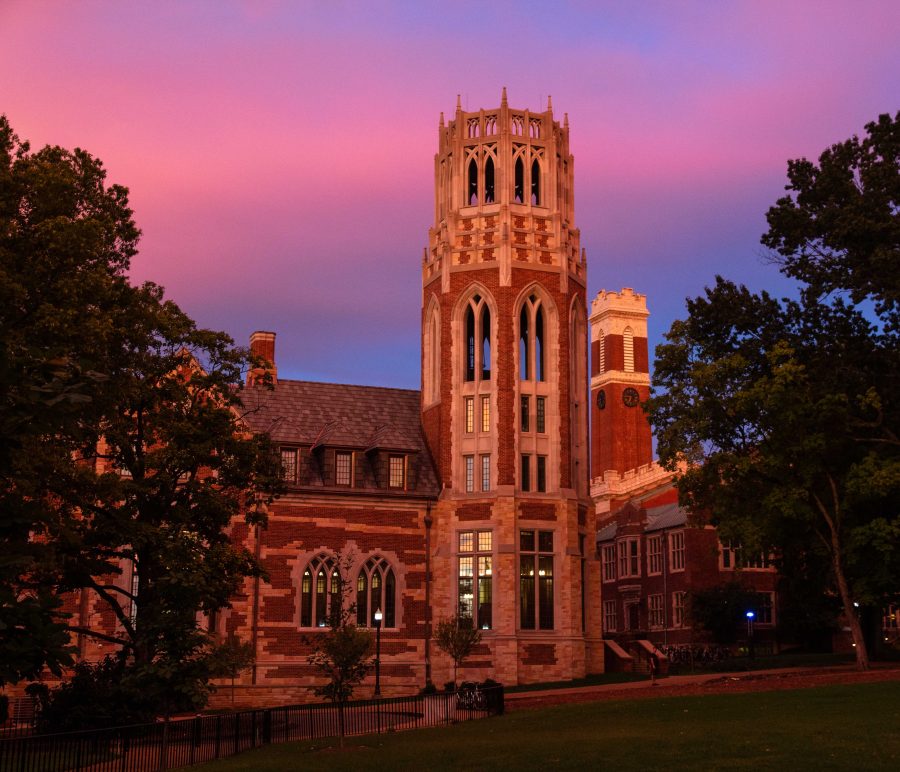The college admissions controversy, involving actresses Felicity Huffman and Lori Loughlin among several others, has begun to wind down with sentences handed out as recently as Oct. 30th. The sentences are, by and large, slaps on the wrist, with the most severe punishment being five months in jail and a $100,000 fine. This seems to be a bit of an outlier, however, with a typical sentence being around one month in prison and a smaller fine.
Amid the controversy, one name which has resurfaced is that of Kelley Williams-Bolar. For sending her kids to a different, better school district, in 2011, she was sentenced to 10 days in jail followed by a three year probation in addition to a $30,000 fine and community service. At the time, the story was given little coverage, but has since gained renewed interest, with several articles being written to use her case a lens through which to look at the college admissions scandal. The story of Kelley Williams-Bolar in conjunction with the college admissions scandal allows us to examine the relationship between wealth and justice. Despite relatively light sentencing for both Williams-Bolar and the individuals caught up in the college admissions scandal, the mere conviction of Williams-Bolar seems harsh while the sentences of the wealthy individuals of the college admissions scandal seem too lenient.
When it comes to the case of Williams-Bolar or the college admissions controversy we can ask the same central question: is it so wrong for parents to want a better future for their children? Both situations are cases in which parents acted outside the law to get a better education for their children, and paid the price. At face value, their intent is not malicious, but motivated by love for their children—Williams-Bolar herself observes as much in speaking with Today: “[W]e’re all moms. Mothers want good education for their kids. That’s what we have in common.” They’re all parents. They all love their children. They acted outside the law, and they all paid a price.
But while both Williams-Bolar and the individuals involved in the college admissions scandal are both criminals and individuals who wanted to get a better education for their children, there’s a sympathy present for Williams-Bolar that does not exist for the individuals involved in the college admissions scandal. The difference seems to be something to do with wealth, as it is the chief difference between the two cases.
Firstly, wealth—or the lack thereof—defines the situations of each case differently. For Williams-Bolar, it was the inability to pay for a better education that caused her to act outside the law. This highlights a shortcoming of public education: Williams-Bolar simply shouldn’t have had to use a false address if education was truly equitable for all regardless of income, or if her own district was adequately funded. In short, Williams-Bolar is one who is dispossessed by the system of state and capital, unable to afford to live in a better school district or pay tuition, and unable to ensure a quality education for her children in her own district by her own accord. Those involved in the college admissions scandal, however, are far from being dispossessed. They are already successful, and used their success to act outside the law for greater gain. This was not a case where children were being deprived of something basic, an education ostensibly provided for adequately by the government, but a simple case of greed: those who had more wanted more.
In sum, wealth is what frames these two similar acts so differently and why seemingly equitable justice is actually insufficient. When we look at Williams-Bolar, we see a woman dispossessed by a broken system for whom we want justice, and any punishment by our retributive justice system seems unjust. When we look at the individuals of the college admissions scandal, we see successful people trying to cheat their way to the top, and any punishment handed down by the justice system seems to not go far enough. Still, both were parents who wanted a better education for their children. I do not want to equivocate these crimes; in fact, I want to affirm that wealth and dispossession does indeed affect what we believe to be just. It is why our justice system, based on retribution rather than restoration, seems to fail to be just in cases like these.











